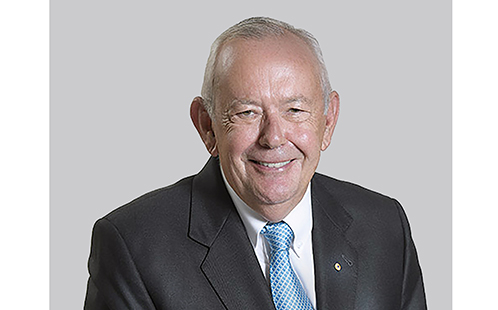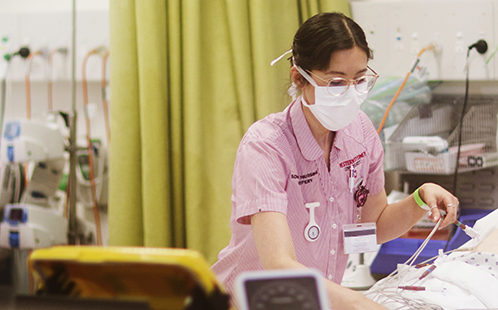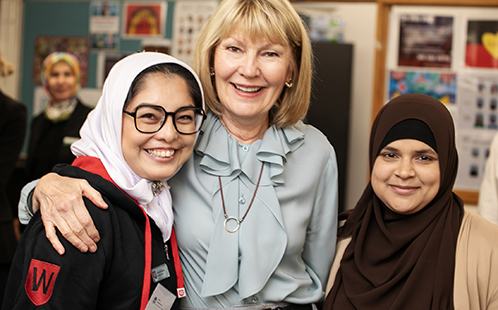Multi-million dollar research grant supports superior sleep

A research grant worth almost $3 million has been awarded to a consortium including The MARCS Institute for Brain, Behaviour and Development at Western Sydney University to develop a non-obtrusive and personalised treatment option for people who suffer from sleep apnoea.
The grant was awarded under the federal government's Cooperative Research Centres - Projects (CRC-P) program and contributes to a $10.7 million project budget.
Obtrusive Sleep Apnoea (OSA) is a condition that affects around nine (9) per cent of the world's adult population, according to research from the Australian Sleep Health Foundation, and poses serious health concerns with sufferers being more prone to depression, obesity and cardiovascular disease.
The personalised treatment being developed utilises existing MARCS Institute technology designed by researchers from the Biomedical Engineering and Neuroscience Program – Dr Gaetano Gargiulo and Dr Paul Breen.
This system – VitalCore - is an electrodeless, wearable device in the form a T-shirt that simultaneously monitors cardiac and respiratory function.
Dr Breen said the goal of the collaborative project was to develop a personalised treatment that is efficient, effective and much more comfortable to use. This will ensure better compliance and better treatment overall.
"Noncompliance of sleep apnoea devices is a serious problem," he said.
"At the moment there is no means of providing an ongoing optimization of treatment, and in addition, current devices are expensive and uncomfortable, so patients do not adhere to the therapy.
"Our technology will be used to address these issues by using a tailored suite of devices that suit the needs of the individual."
Dr Gargiulo said using VitalCore as part of an integrated approach to the treatment of sleep apnoea was revolutionary in that it allowed for continued monitoring of cardiac and respiratory function, which then used that recorded bio-data to optimise a patient's treatment based on how their body responded.
"This project offers an incredible opportunity to translate one of our applied research techniques into a real world setting," he said.
"We are honoured to be part of a project that gives back to the community in the form of an inexpensive and effective device that aids this sleep disorder."
This project is being completed in collaboration with Oventus Medical, Medical Monitoring Solutions, CSIRO, Western Sydney University and Neuroscience Research Australia.
The project is due to begin in April and will run for three years, ending in March 2020.
Oventus Medical CEO, Neil Anderson, said he was proud to be the lead participant in this important CRC-P project.
"We believe that there is a large global opportunity for easier, better and more personalised therapy for people with sleep apnoea," he said.
"The grant will focus on new technologies evaluated in the recently completed pilot trial. These early results indicated that our appliances, with an airway, may be a viable alternative for many patients.
"It also allows us to evaluate an innovative monitoring technology from Western Sydney University and Medical Monitoring Solutions that can be used ongoing at relatively low cost, for treatment optimisation and clinical feedback."
For more information, contact Farah Abdurahman on (02) 9772 6695 / 0427945 382 / F.Abdurahman@westernsydney.edu.au
Ends
8 February 2017
Latest News

Western Sydney University receives transformational donation to support LGBTIQA+ community
Western Sydney University has welcomed a philanthropic donation from The Brennan Lynch Foundation.

Western Sydney University ranks among world’s best for 23 subjects
The University has been named as one of the world’s top universities for the study of 23 subjects in the latest edition of the QS World University Rankings by Subject, including being ranked in the top 50 for Nursing.

Western Sydney University receives landmark $7.9 million philanthropic gift from Harvey Norman to launch leadership academy, empowering young women in Western Sydney
Western has welcomed a landmark donation to establish the Harvey Norman® Young Women’s Leadership Academy Led by Katie Page.
Mobile options:

